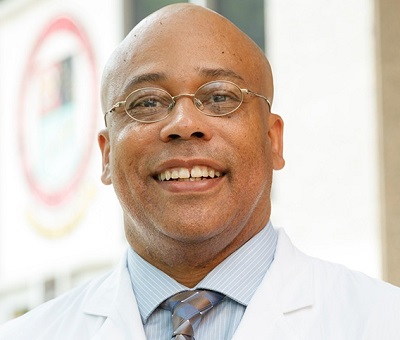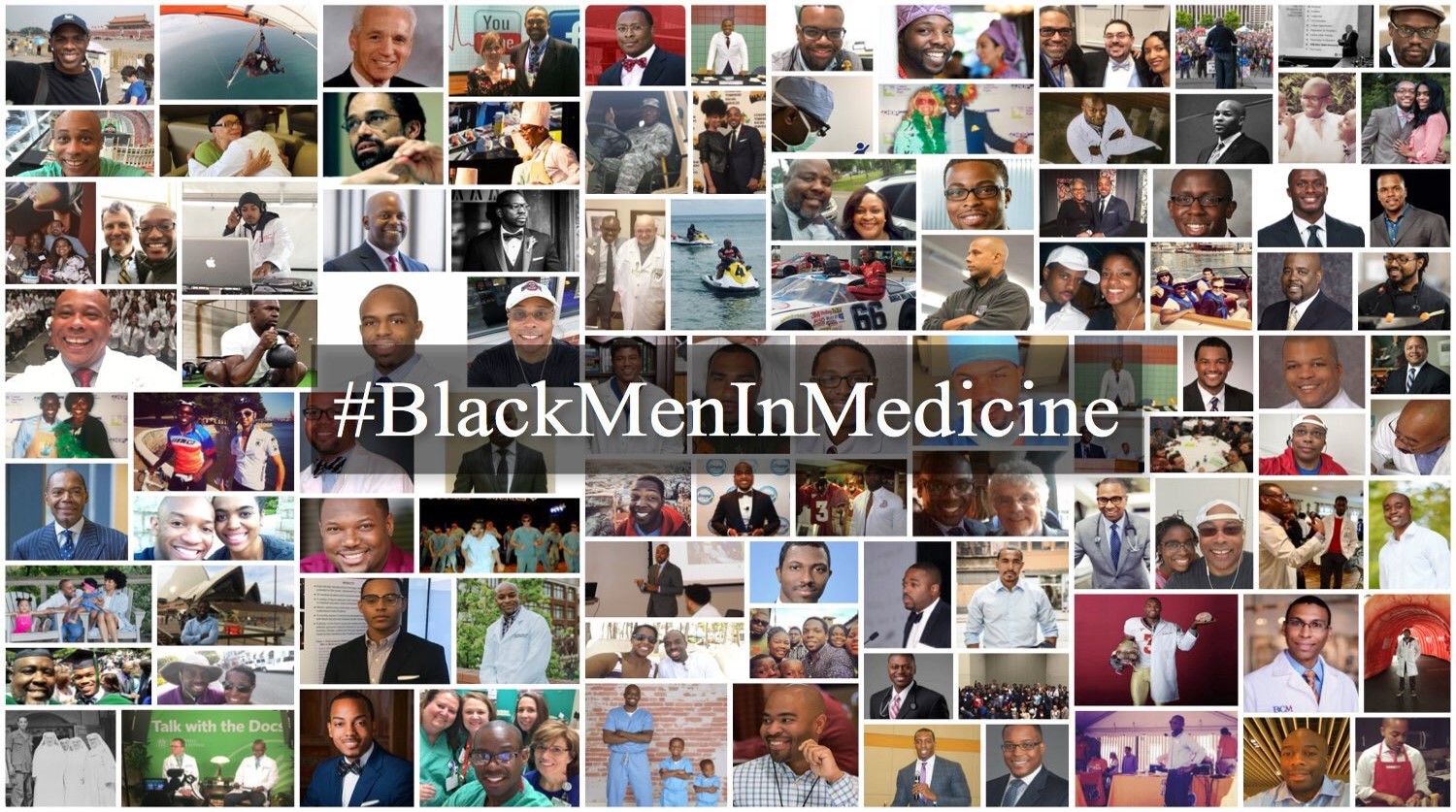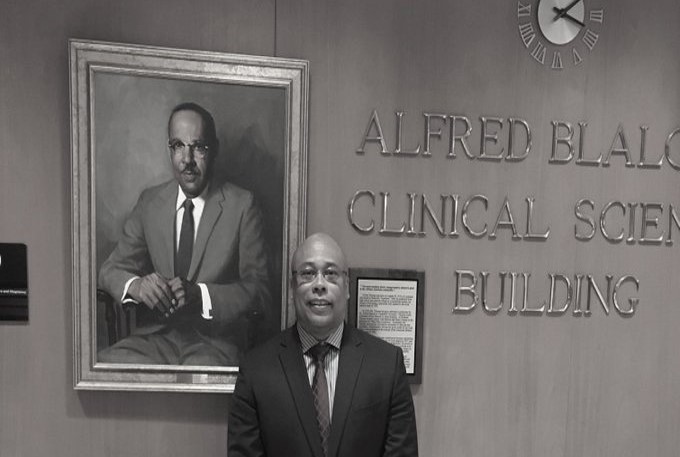
STS 2021, Day 1 — In this evening’s Vivien T. Thomas Lecture, Quinn Capers IV, MD, will discuss the factors that contribute to—and practical approaches toward overcoming—racial disparities in the medical field. “The Long Shadow of Racism and Racial Bias in the Lack of Diversity,” moderated by Robert S.D. Higgins, MD, MSHA, begins at 6:30 p.m. ET.
“I want this to be an evidence-based talk,” said Dr. Capers, associate dean for faculty diversity and vice chair for diversity and inclusion in the Department of Internal Medicine at The University of Texas Southwestern Medical Center in Dallas. “And I want to show you some evidence—evidence that we certainly lack diversity in medicine, evidence that racism and racial bias play a role in this lack of diversity, and evidence that lack of diversity harms our patients.”
The lecture is not only about illuminating racial disparities in medicine or demonstrating why those disparities must be challenged. Dr. Capers also will outline specific points throughout physicians’ careers and, in fact, lifetimes, when “gatekeepers” such as school counselors and admissions faculty, as well as mentors and role models, can hold the keys to life-changing moments that help shape successful careers. He then will present strategies that are practically applicable, by both institutions and individuals, to combat racial disparities.
Diversity in medicine, in addition to furthering the successes of professionals, improves the well-being of patients, Dr. Capers will demonstrate. He will present data from multicenter surveys and peer-reviewed literature showing that physicians’ cultural styles, as well as the trust fostered by having a physician of the same race or similar background, can have positive influences on patients’ health care choices. Dr. Capers also will discuss the advantages of culturally rich documentation patterns—for example, the tendency of black physicians to make notes in medical records that more comprehensively illustrate a patient’s lifestyle, beliefs, or socioeconomic situation.

Historically, systematic racism undeniably has been a barrier to diversity in the medical field, evidenced most visibly by institutional restrictions or legislature. Dr. Capers will support this by presenting a 1959 letter written from a university admissions committee to a black applicant, apologizing for declining the application because, under state law, it was “not allowed to consider for admission a member of the Negro race.” Yet even when discrimination is not a matter of law, its effects can filter down through generations.
"Mentor relentlessly every chance you get. Be visible. Be courageous about confronting implicit bias.”
Dr. Capers cites, for example, university “legacy programs,” in which admissions programs give preference to applicants whose parents or grandparents attended the college. “If that college at one time had racially exclusive policies—no blacks allowed, no women allowed, no Mexicans allowed, no Jews allowed—then of course the alumni are going to be largely white males. And then if, in the admissions process, the college elects to give credit to applicants because their parents or grandparents attended, they’re extending the long shadow of racism.”
Ample evidence that unconscious, implicit, or even explicit bias plays a role in hiring and admissions processes exists, according to Dr. Capers. But there are also practical ways for individuals and institutions to identify and work toward overcoming those biases. Dr. Capers will share evidence for how getting involved in outreach efforts—particularly mentorship—can have demonstrable positive effects on the physician workforce.
“The good news is that while we all have implicit biases, they’re easy to overcome and override, but it takes awareness and practice,” said Dr. Capers. “Engage the gatekeepers, from kindergarten to medical school. Mentor relentlessly every chance you get. Be visible. Be courageous about confronting implicit bias.”

This honored lecture was established in 2020 in honor of Vivien Thomas, a black laboratory supervisor who worked with famed physician Alfred Blalock, MD, at Vanderbilt University in the 1940s. When Johns Hopkins recruited Dr. Blalock, he refused to move unless Thomas accompanied him as a “package deal.” Thomas worked as part of Dr. Blalock's surgical team, helping develop the procedure used in the landmark 1944 "blue baby" operation. Despite his integral role in Dr. Blalock’s pioneering work, Thomas was hired and paid as a janitor and was not allowed to use the main entrance to Johns Hopkins.
Read more Daily Bulletin stories.